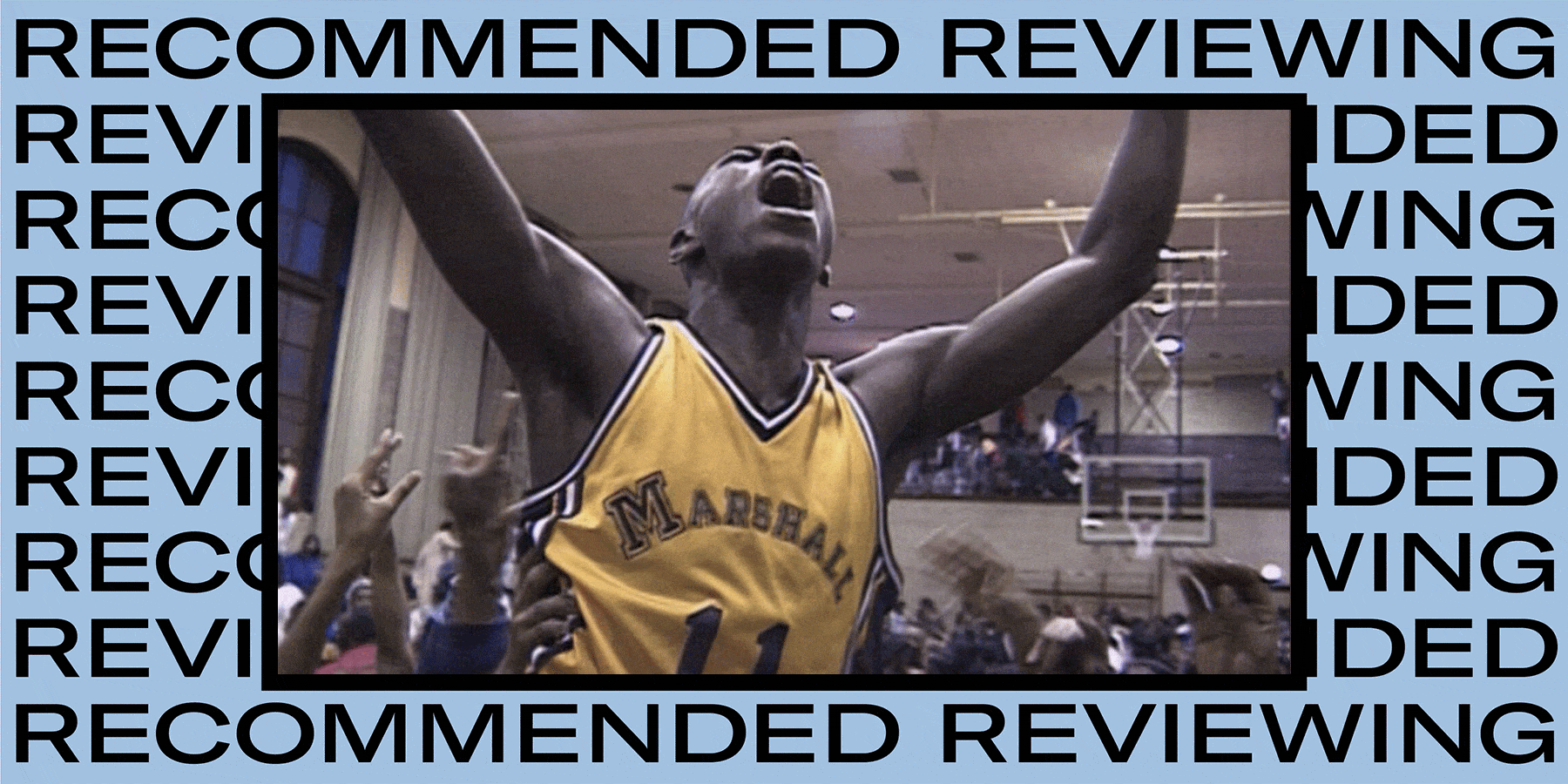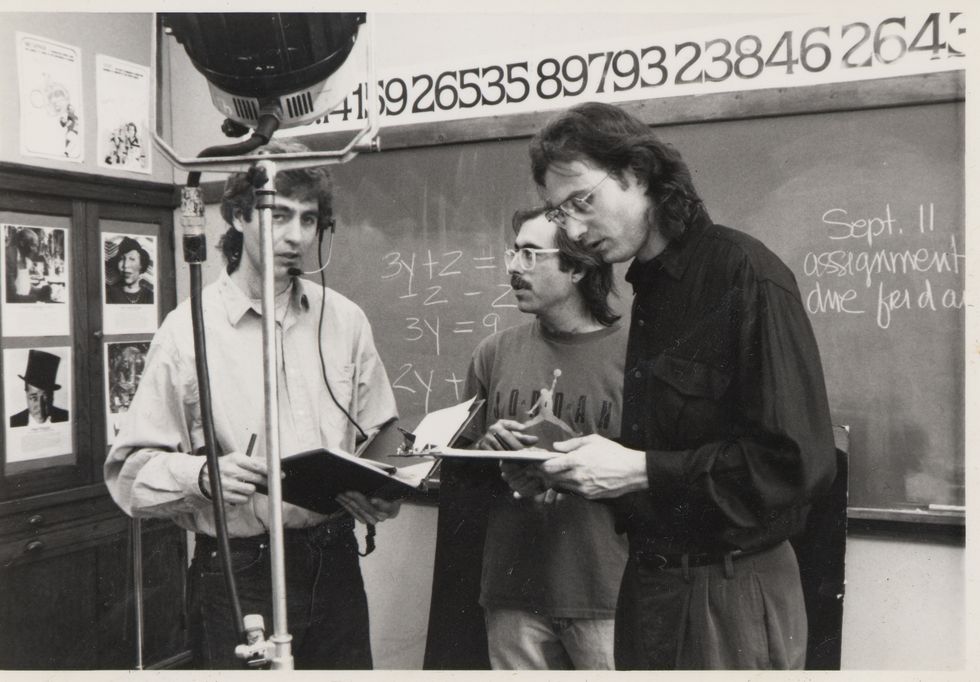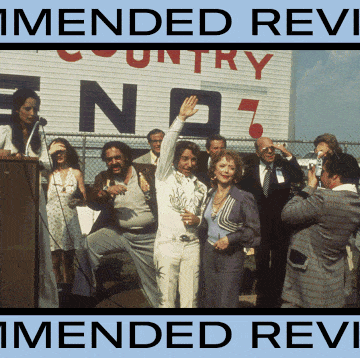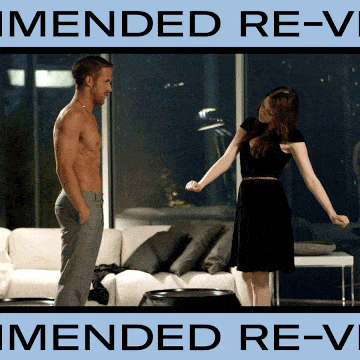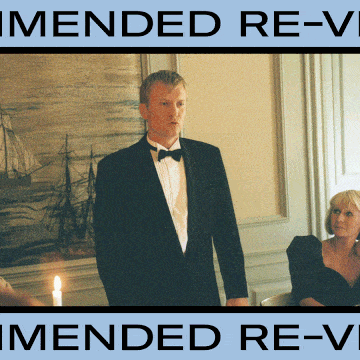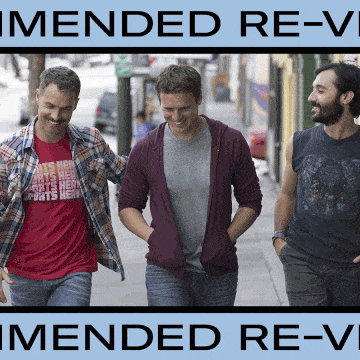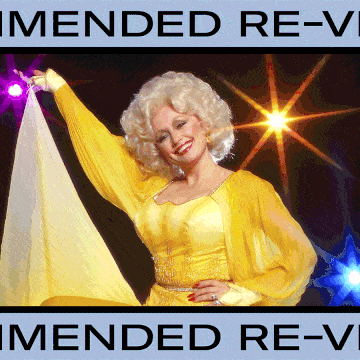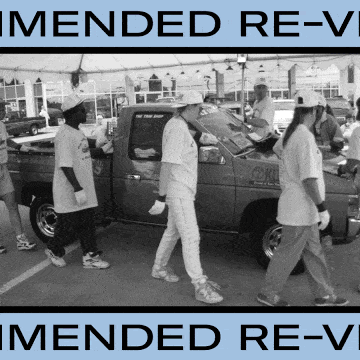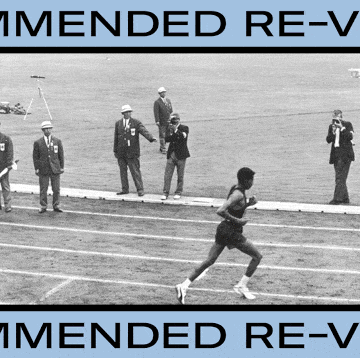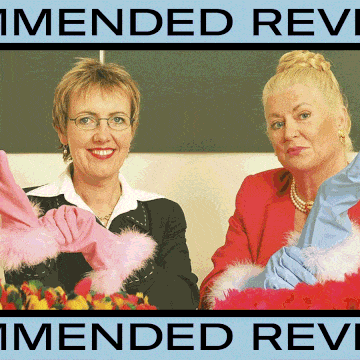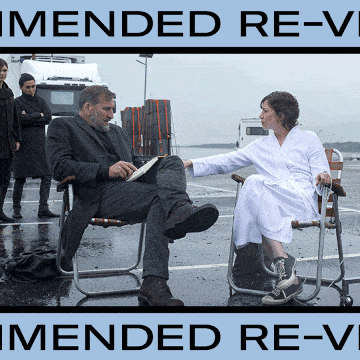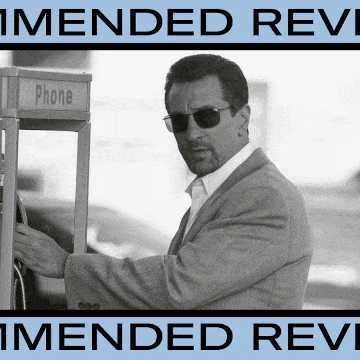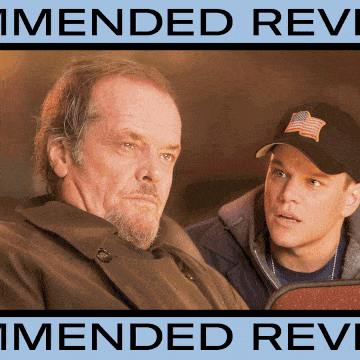It’s hard to imagine the rich vein of sports documentaries we’ve seen of late – everything from Senna to The Last Dance – without acknowledging the debt they owe to Steve James, Frederick Marx and Peter Gilbert’s 1994 seminal film, Hoop Dreams, a restoration of which has just been released on Blu-Ray. When it comes to filmmaking that both exploits the natural jeopardy of sport (you lose some games! And also you win some!) while simultaneously showing just what influence sport can have – both good and bad – on the shape of a life, Hoop Dreams really can’t be beat.
In this instance it is two lives – Arthur Agee and William Gates, two African-American 14-year-olds from Chicago who show a gift for basketball that brings them to the attention of many interested parties, not least the three producers, who follow them and their families for five years. Both boys are scouted by St Joseph’s, a prestigious high school in Westchester, Illinois, and alma mater of legendary Detroit Pistons point guard Isiah Thomas. But once there, their fortunes quickly diverge. Gates seems to thrive in the system, making the varsity team while still a freshman; Agee is small, and struggles, and when his parents fall behind on the fees he is put back into a state school, his confidence battered.
What makes Hoop Dreams so engrossing, however – and the fact that it didn’t get an Oscar nomination has long been a point of contention – are the subtle shifts of fate that each boy experiences. Agee’s return to the public school system isn’t the dead-end that it seems at first, while Gates’ elite fast-tracking may, in fact, be a curse in disguise. As director Spike Lee tells Gates and his fellow attendees at a Nike summer camp: “You have to realise that nobody cares about you. You’re black, you’re a young male, all you’re supposed to do is deal drugs and mug women. The only reason why you’re here – you can make their team win. If their team wins, these schools get a lot of money. This whole thing is revolving around money.”
You could argue that by today’s glossy standards, Hoop Dreams lacks polish. It was mostly shot on videotape so the footage is far from crisp, the sax-heavy musical cues can feel cheesy, and it’s no surprise that director Steve James’s narration didn’t turn him into the next James Earl Jones. What it does have, that Senna and The Last Dance do not – and perhaps most production schedules do not afford – is intimacy. Observational documentaries take time and patience and perseverance, but when you establish real trust (Agee later said the filmmakers became like “uncles”) they can yield moments of astonishing honesty and rawness.
Over three utterly absorbing hours – cut down from 300 hours of footage – we watch the boys transform into young men. Their voices deepen; they grow taller and bulkier; they start to weigh their own desires against those of their coaches and families. Gates bristles under the pressure exerted by his older brother, Curtis, once a promising player himself, now overweight and underemployed; we feel the pull of the Oedipal undercurrents during a pick-up game between Agee and his troubled father, Bo, while his mother, Sheila, looks on. (Years later, both Curtis and Bo met tragic ends.)
Roger Ebert named Hoop Dreams the best film of the Nineties, but its reach goes further than that. It was – and is – the perfect confluence of a dedicated, labour-intensive approach to filmmaking and, in Agee and Gates, two deeply empathetic subjects. You see how high the stakes are. You see the societal pressures that are buffeting them every which way. You see them striving to carve out a sense of self somewhere in the middle. Even if you’ve seen the film before, even if you know what happens, you can’t stop yourself wanting them, willing them, to make it.
Hoop Dreams: 20th Anniversary Restoration is available now from dogwoof.com.
Like this article? Sign up to our newsletter to get more articles like this delivered straight to your inbox
Need some positivity right now? Subscribe to Esquire now for a hit of style, fitness, culture and advice from the experts

Miranda Collinge is the Deputy Editor of Esquire, overseeing editorial commissioning for the brand. With a background in arts and entertainment journalism, she also writes widely herself, on topics ranging from Instagram fish to psychedelic supper clubs, and has written numerous cover profiles for the magazine including Cillian Murphy, Rami Malek and Tom Hardy.
